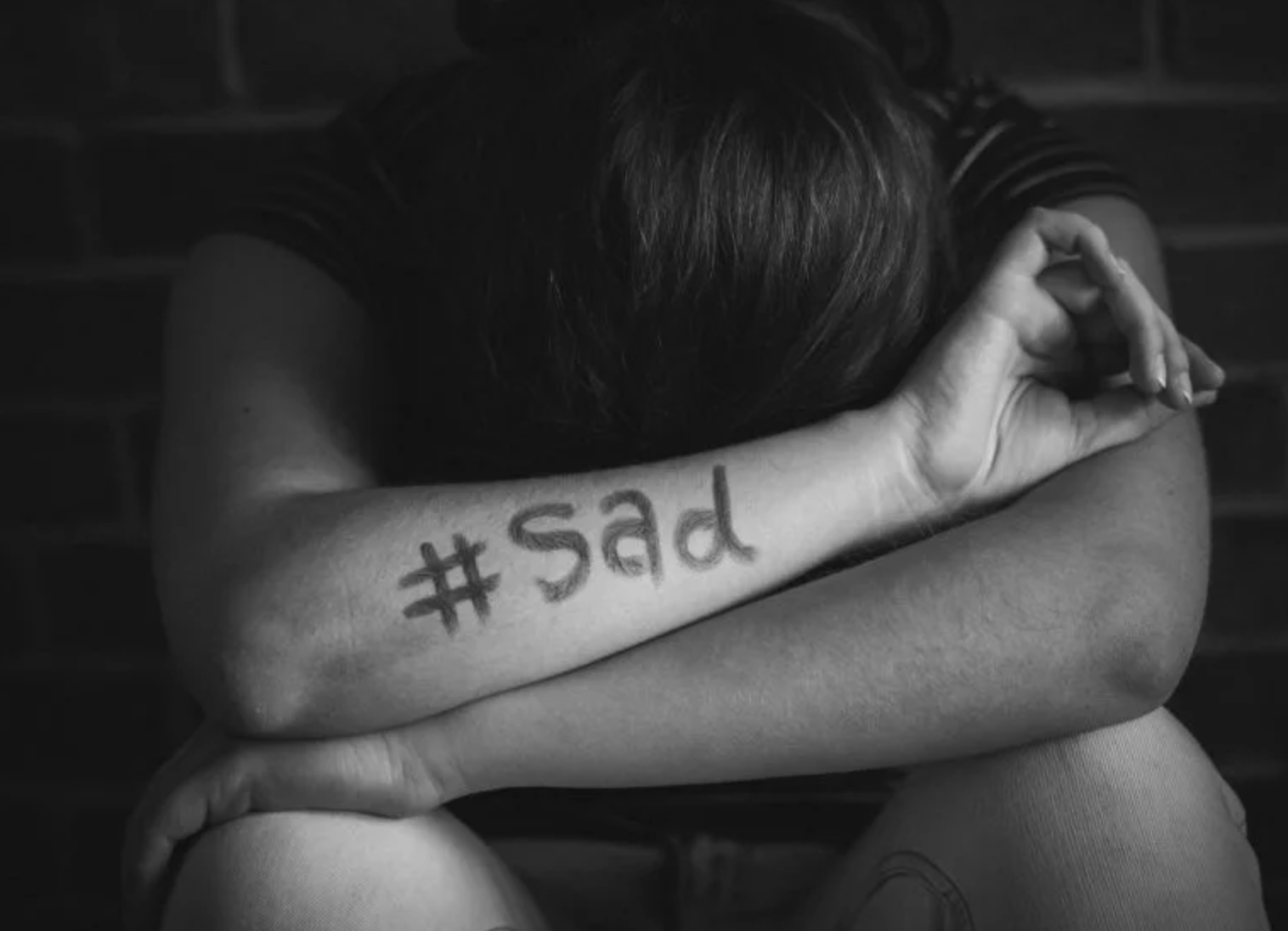
June 27, 2019’s Rolling Stone article has brought to our attention that children are still being kept in cages on our southern border, for the apparent “crime” of their own vulnerability. Quotes from migrant children—many quite young—obtained from one-on-one interviews by volunteer attorneys, express simply what it is like for them to live without the basic necessities of life, including adult protection and love. Some of these children are parents themselves—doubly vulnerable, truly—prevented from giving care to their own infants and mocked by the adults we assume are charged with the care of all.
There’s a lot to unpack here. I have no reason to believe this report is untrue. Believe me, I wish it were, and will rejoice if it isn’t, even if it means I eat crow. I am struck with horror that I live in a world where my fellow adult US citizens—the ones responsible for this unfolding debacle and assault on decency—are capable of perpetuating this neglect that within hours reached the severity of abuse on vulnerable children, our fellow humans. My heart is sore with grief, and I have been feeling helpless in my anger. As a US citizen I feel responsible as well.
My experience working with children and adults with post-traumatic stress related symptoms means that I have some understanding of the short- and long-term consequences of depriving children of their needs, both to the individuals and to humanity at large.
Children need to feel safe. They need to feel loved. They need to believe that discomfort is temporary and manageable. Children come to the understanding that the world is sufficiently safe when they receive validation and support for all of their emotional and physical needs. This belief that the world is safe enough is the foundation upon which each individual builds the most important structures of their lives: relationships, beliefs, personal contributions and freedom.
Feelings of abandonment, rejection and fear occur very easily in children—and those feelings need to be resolved in a short time and with the support of those with whom they have bonded, their parents and families. These are children’s true emotional needs, and they are deeply intertwined with their physical needs.
What happens when all of a child’s needs aren’t met? A child’s view of the world is still developing—and adolescents count as well, especially if they have become parents themselves.
Children who have been severely neglected and abused, as these children have by the United States government, go into survival mode. In survival mode, they quickly come to believe that they have no power, that only those outside of them have power, and they must conspire to steal or cajole any power they want from those others. From there, they are primed to believe that those outside of them with power will use it to further their own interests, exploiting the vulnerable.
What are the dangers of children growing up believing these things? When a child must live in survival mode for any length of time, they are in danger of staying there for the rest of their lives.
I spend considerable time in this space discussing the importance of each individual’s feelings, perceptions and beliefs. A child who feels afraid and abandoned due to trauma will come to the false belief that they caused the trauma and are therefore unworthy on a deep level. This belief is likely to persist. If they receive some support during a later recovery and they come to understand intellectually that they were not at fault, it is still likely to persist, becoming a denied feeling. Denied feelings of unworthiness are behind behavior that causes people to exploit, mock and denigrate others. They are also behind addiction, anxiety, depression, and the feeling that one has nothing original to contribute because one is unwelcome as a member of society.
The expectations create a self-fulfilling prophecy. The traumatized child, when grown, spends a disproportionate amount of their energy anticipating that they, alone, are responsible for keeping themselves safe. With only the intention to survive, they assume that others will not be responsible for the impact of their own behavior, and they begin to compensate even before they meet. This is off-putting for healthy, non-traumatized individuals, who are then likely to avoid socializing or collaborating with someone who continues to experience the effects of childhood trauma. For those traumatized as children, this leaves only those who are similarly challenged with whom they may form relationships. Some of those individuals will lean toward exploiting others as their coping strategy of choice, others will avoid exploiting others as best they are able but feel a pervasive sense of powerlessness and lack of belonging.
The individual suffering from unresolved childhood trauma is likely to be condemned to live life in fight-or-flight, engaged in a constant struggle for survival, seeing all individuals around them as either friend or foe. They will have limited ability to develop all their strengths or to appreciate the strengths of others. Differences of opinion are likely to be seen as threats to existence. Friends with whom they differ too frequently or severely will become foes.
A healthy adult who experiences trauma only in adulthood is far, far less vulnerable than a child.
The creation and perpetuation of a polarized, dystopian future is what these detention centers are engaging in right now. If this were all, it would be bad enough. The risk is also quite real that some of these children will begin dying within days of preventable infections and poor nutrition.
Emotional and physical health are being stolen from these children, and this robbery—for it is, indeed, a violent robbery—continues every single hour that they are kept in barbaric holding cells and away from their families. The impact of this situation is worse than any of us thinks. Human decency requires us to take a stand.
Photo by rawpixel.com from Pexels.
